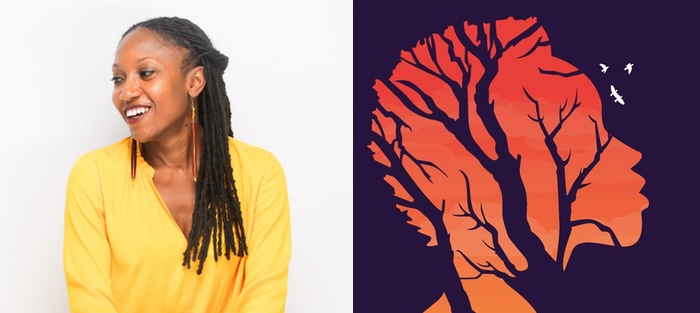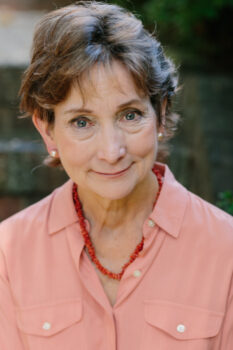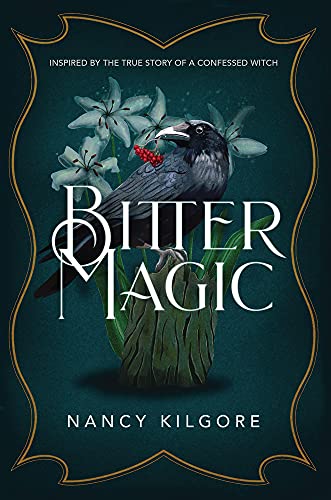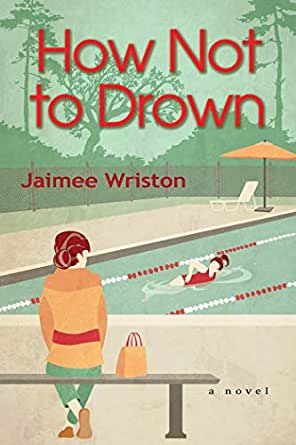In the summer of 2018, I had a life-threatening health scare: deep vein thrombosis. The pulmonary embolism, or blood clots, started in my legs and by the time I arrived in the ER, they’d already travelled to my lungs. After X-rays confirmed the diagnosis, I was immediately hospitalized before the clots could reach my heart. The medical staff surgically inserted an IVC filter, administered two blood transfusions, and prescribed blood thinners that would last me throughout the rest of the year.
My OB-GYN described the experience as “the perfect storm.” The root cause, she confirmed, was a combination of a change in my birth control prescription, complications from uterine fibroids, and frequent air travel in a short span of time.
“You literally could’ve dropped dead,” she told me.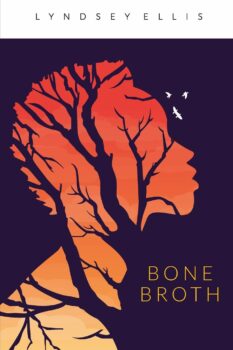
I’ll admit it was a difficult time, but it was also a period of highly anticipated transformation. A few months earlier, I’d quit my job, moved back to my Midwestern hometown from the west coast, and completed a two-month writing residency that allowed me to focus on finishing Bone Broth (Hidden Timber Books, 2021), my debut novel about a widow who’s forced to confront her past as an activist after her children unearth her secret involvement in St. Louis’s civil rights movement during the early 1970s.
Life as I knew it had morphed into something I’d longed to manifest for several years. For the first time in a long time, I felt like I had the strength to dream and seize control over my time, energy, and space. To fulfill a vision that was bigger than me and to own it by writing the hell out of it.
But somewhere along the way, I got caught up in the excitement of this transition. I lost myself in the newness and the quiet but alluring stresses of freedom.
It took lying bored and lonely in a hospital bed, waiting for my body to reset so I could reevaluate my approach to creative authority. I’d fallen into a dangerous routine, particularly with the research process for my book, which was no longer serving me. In fact, this unexpected setback confirmed it was contributing to my health issues.
If I was going to recover—and stay recovered—I had to make drastic adjustments. Self-care had to become a priority so I could enjoy the rewards of finalizing my novel. Change started now, and it started with me.
Several years earlier, I discovered something about my hometown, St. Louis, Missouri, by accident. I was home from California on one of my end-of-year holiday visits. Part of my schedule involved spending uninterrupted time at the local research center so I could get more information on the roots and historical backdrop of my novel: civil rights activism and community displacement that centered the now-razed Pruitt-Igoe housing projects. Although I knew the main characters and the broad basis of the book, I hadn’t yet pinned down what particular event would serve as a focal point. That’s when I stumbled on the Veiled Prophet.
Established in the late nineteenth century, the male-only organization in St. Louis rapidly gained traction during post–Civil War economic decline. The forefathers aimed to reclaim the city’s position as a top manufacturing hub and to draw national attention by initiating events that mimicked the glamour of its sister city, New Orleans. One particular affair was the annual Veiled Prophet Ball, a ceremony that featured St. Louis’s social elites and selected a hooded Prophet, as well as a Queen of Love and Beauty among its throng of debutantes, to reign at each yearly gathering.
Socially satisfying to the city’s high society, the Ball was also controversial for its discriminatory practices and rumored intent to maintain class order among rich whites and poor Blacks. Several accounts of racial injustice led to protests orchestrated by some of St. Louis’s top grassroots organizers and made national headlines for spreading awareness about the unfair treatment of minorities.
Learning this, I felt stunned and angry. Mostly, I felt cheated. It was unreal that I’d spent the first eighteen years of my life raised in a city that upheld a deeply vile open secret that I knew nothing about. Ironically, it took me relocating hundreds of miles away in another time zone to uncover what could’ve easily been conveyed to me by elders, or educators, or peers in my community.
The closest I’d heard of the Veiled Prophet was from my mother, a retired vocal music teacher, who at the time of her disclosure regularly took her students on field trips to perform around Fourth of July in what had since been abbreviated as the VP Fair in downtown St. Louis. I remember her telling me the event had racist roots, but I don’t recall asking her how or why. I let the news sit dormant in an untouched corner of my memory and didn’t pull it out until that day at the research center.
Once I became aware, I immersed myself into the hidden history. It didn’t happen overnight. It was a slow burn—a learning experience that started off as a tip-toe through shallow waters and in 2018, ended up being a gallop and near-drowning in oceanic crust.
My research routine was rigorous. I regularly skipped meals and sleep. I downed caffeine and wine to no end. I sat for long hours—during my residency, at home, in libraries—to fact-find and organize important dates and locations. I searched for and interviewed key players who sought to publicly address the organization’s unjust actions. I wrote and rewrote scenes in the novel that were loosely based off my findings.
The first time I perceived slight changes in my health, I blamed the discomfort on gas and heartburn. A bubbling, burning sensation travelled through my chest and settled under my rib cage. I digested Beano pills like they were Tic Tacs, drank lots of white soda, and burped a lot. But the cramping and irritation continued.
I was also wretchedly anemic. Years after having several fibroids surgically removed, they grew back and caused an iron deficiency that made me dependent on supplements to replenish what was missing. Still, the benign tumors that resurfaced along my uterus caused heavy menstrual cycles, and the large loss of blood every month made me tired and sluggish all the time.
A game-changer moment for me should’ve been when I was wrapping up an interview with an author who’d been one of the participants in the Ball. She’d written about her experience being a debutante in the early 1970s and witnessing the unveiling of one of the Veiled Prophets after a group of activists plotted to expose him.
To hear her explain her experience was scary and vindicating. But it was also draining. Literally. During her report, I grew drowsy. I couldn’t remember if I’d taken my vitamins that morning. It took all of my strength to hold the cell phone to my ear and to write with the pen in my hand. Every word the woman spoke hit like a ton of invisible bricks on my psyche and body. After the interview, I went to bed while it was still light out and slept through the afternoon of the next day, letting the woman’s recounted memories play like a record in my dreams.
After I finished my residency, I started a new job that required a lot of travel. Despite losing more blood and iron, research for the book never stopped; I just got creative with ways to include it in my work schedule. Being out of town so much gave me a chance to snatch time for the book on the plane, in hotel rooms, in Ubers, during breaks at conferences. The trips fed my imagination and gave me ample opportunity to explore.
I noticed soreness in my legs when I returned home one time. I dismissed it as muscle spasms and took Tylenol to reduce swelling. The pain and inflammation persisted. I made light of it during the day, but at night I was terrified of going to sleep, afraid that I wouldn’t wake up.
The day my probationary period at the job ended and my health insurance kicked in, I drove myself to the emergency room after work. I’m not sure what I expected. Maybe an unexplained fracture. Or a muscle tear. The shock of learning about the clots held me in disbelief until I received my second transfusion and was ordered to wear compression socks.
Since then, I’ve found ways to balance my research and creative work with everyday life and factor in rest, as well as exercise and fun. I journal often, and I enjoy decompressing before bedtime with adult coloring books. I cut back on my caffeine and alcohol intake and try to prepare well-rounded meals. Sometimes I don’t write or research at all for days or weeks at a time. I relax my mind by hanging out with family and friends or binge-watching comfort movies and TV shows. And I read like all the books are being banned.
I never want to hit the low I confronted on that hot August day when I got wheeled into my temporary home—a freezing hospital room with a hard mattress and weak water pressure in the shower. I remember waiting for an epiphany—a big, jagged bolt of enlightenment to flash through me. Like a miracle, it would re-juice my imagination and add another layer to this project that now literally had my blood etched into its make-up.
But as I lay in that bed, I realized there was nothing profound to say or write about, in terms of what happened. Truth is, it was just a jarring and scary experience that I had to sit with and wait out. I had to swallow and accept the wildness of it all if I was fixed on getting better. Having this moment was literally the only way I could breathe and let the story breathe on its own.

